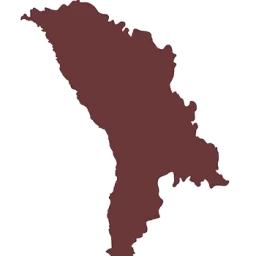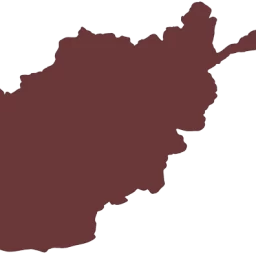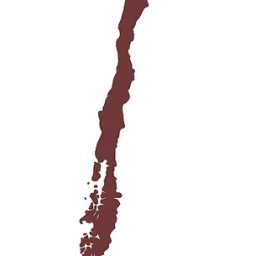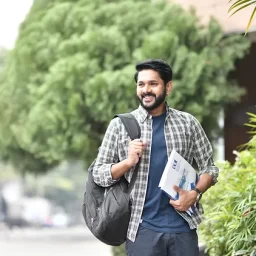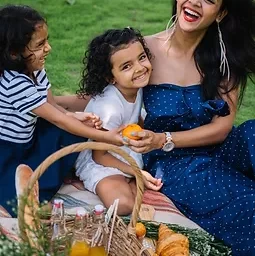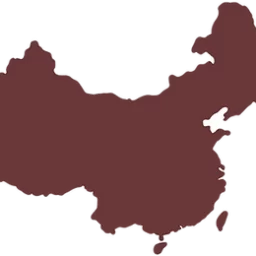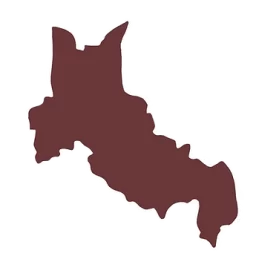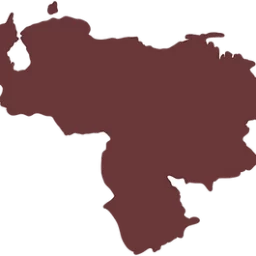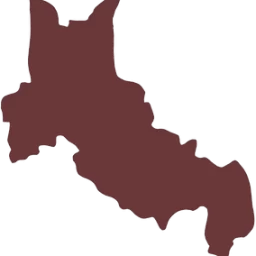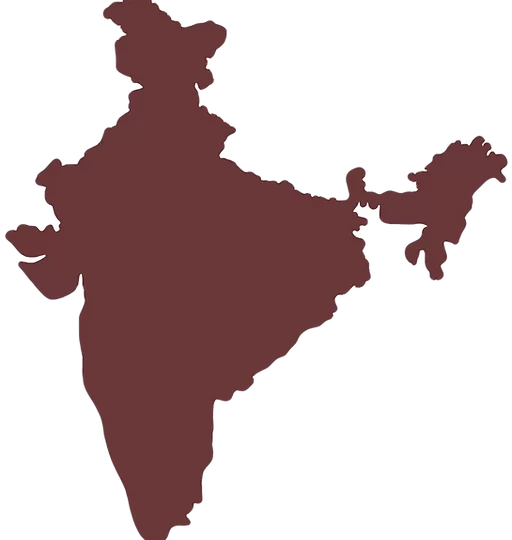
Moving to a new country is never easy. I knew early in my life that I wanted to leave India. The destination was unknown; however, the direction of my life was clear. My parents are both academics. I grew up traveling the world, seeing it through their worried eyes. They saw India before its political demise, before the increasing violence against women and religious minorities. My parents wanted me to leave before the malice and contempt seeped into the walls of our home.
I started a new life when I was 18, 10,479km from home, during the height of the pandemic. I knew leaving home was going to be hard. I did not know that when I entered a new country, the doors behind me would close for two years, barricading me in the cold basement of a house that never felt like home.

I was never lonely growing up. I am unsure what that says about me, but I loved people. I loved the conversations and the laughter that carried in the walls of a full house. That may be why my one-bedroom basement haunted me so much. It was not the size that suffocated me, but instead its emptiness. In moments of great sadness, when I felt that my life and the world were falling apart, I would call my parents, teary-eyed. I would ask them what they ate, if they walked outside or what they were watching. Our conversations were trivial. We acted as though there was not a pandemic or health emergency that stole many of their friends. There was a wall between us, made up of all the things we could not say because if we did, the absurdity of our lives would become all the more real.
I learned in those two years that loneliness is uneasy. When it seeps into your bones, the aching becomes difficult to ignore. There is a narrative in our community that life becomes easier when you get to your destination. It is supposed to feel like paradise. Sadly, this was not my experience. It took me a long time to understand where I was headed. I had to make relationships from scratch, learn to be alone, and get through a pandemic when all I had was the distant voice of loved ones by my side.
I do not tell this story with the aim of deterring someone from their path; I do not regret that time, though it was not a joyful period of my life. A lot has changed since those phone calls. I graduated, interned, and started a job in a company I love; for this, I am proud of myself. There is a lot more I want to do with my life. Sometimes I wonder if I could have done more with my time in isolation. However, I know I tried, even when there was not much left to attempt.

Most migration stories are long and complicated. Their trajectory is confusing to the innocent eyes that have never witnessed first-hand the political and social instability that drives one to leave their home country. A long time ago, as I was retelling my first years in Canada, a friend asked me how my parents could simply leave me like that, isolated and alone. I did not know how to explain that it was the only path forward; I still don’t.
Since that day, I developed a hesitancy towards honesty. When we hear a good story, we want it to have a happy ending. We want the protagonist to find a conclusion that makes us feel comfortable. The stories of migrants don’t work like that, and they shouldn’t. Sometimes life is abusive and lonely for reasons that make little sense. Attempting to detangle and re-arrange it to fit the innocent gaze feels immoral. This is my story. It has no good ending. There are days when I am busy, leaving no space for contemplation. Some days make me homesick. Sometimes I am out with my friends, devoid of sadness. On rare occasions, though, I discover a home in this foreign land.
Sometimes I find someone who shares my history, and we bond over stories that fade the longer I live here. There are also days when I go in search of my faith, and it is when I am surrounded by faith like an embrace that I feel a bit warmer. Perhaps that is what they call paradise. A breath of fresh air after a long day: something to come back to.
Please note that certain facts have been altered for anonymity.
This story is a collaborative effort between Vipasna Nangal and Viraj Chawla



